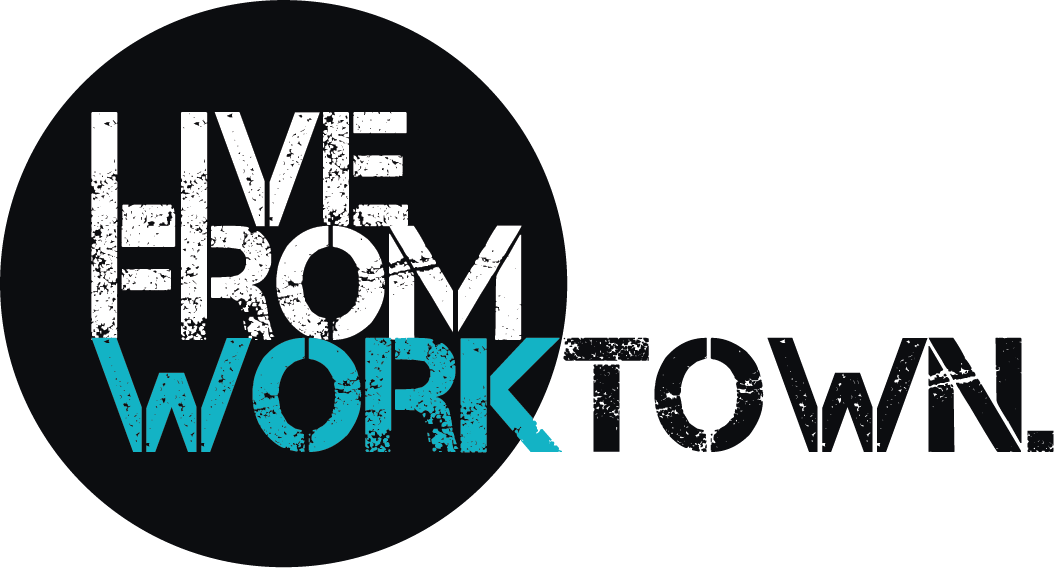The Mass Observation Study of Bolton 1937 – 1940
Have you wondered why we’re called Live from Worktown? And why other Bolton organisations use the name?
Well it’s part of the town’s heritage from the 1930s. Worktown is the name for Bolton used by the Mass Observation Team. The Mass Observers were in Bolton undertaking a study of everyday life. This was no flash in the pan cheapjack swoop for a day or two. The Mass Observation team were here for nearly four years, between February 1937 and September 1940. They watched us, followed us, interviewed us, attended events, church services, pubs, political meetings and visited people’s homes, sports events and fairs. They also investigated workaday activities like how we did our shopping, lit our cigarettes, swirled our beer in pubs. And they counted things, the numbers of people at services and meetings, broken down by gender, age and often whether the men were wearing caps, bowlers or trilbies. All of this was written up, again in considerable detail – whether it was how many people were carrying their gas masks up Mealhouse Lane, what graffiti was on public toilet walls or the type of April Fools jokes played by children. Sometimes the reports are just dull, sometimes shocking, sometimes funny. Taken together though reports (thousands of them – millions of words) offer a comprehensive, roving, intimate account of life in Bolton eighty years ago. It is also unique. Nothing anywhere near as comprehensive exists for any other town in the UK, or probably anywhere in the world.
All of this, a huge cache of data, observations and opinion, sits on microfilm in the History Centre at Bolton Central Library on Le Mans Crescent – see the website https://boltonworktown.co.uk but visit the place as well.
Mass Observation, the brain child of anthropologist Tom Harrisson and poet and journalist Charles Madge, had the support of serious figures of the day like Jacob Malinowski and J. B. Priestley and attracted about a hundred volunteers, often young, ambitious students, affluent people to whom smoky old Bolton was a bit of a shock. There were also 30 or 40 local people who became involved. Some stayed around for years, others dipped in for a week or two.
Controversy
And my goodness it was controversial. The MO volunteers were often called ‘snoopers’ and sometimes if the observers were observed they were chucked out of wherever they were or on one occasion accused of being spies. But, despite some of their activities being bizarre, the Mass Observation survey had serious intent. Madge and Harrisson were determined to carry out an ‘anthropology of ordinary life’, finding out how the town and everyone in it ticked. Part of the reason behind this was that they believed the powerful – government, press, commerce – had no idea what ordinary people thought or how they behaved. The abdication crisis on December 1936 confirmed that view. While the establishment was convinced that Edward VIII had to go for even thinking of marrying his American divorcee, lots of people, probably the majority, supported him. It was a ‘Brexit Moment’ in the life of the nation.
Purpose
Although the Worktown Study and associated records are well known locally, this is often through books and other publications by people who know nothing about Bolton itself. And a lot of the publications are by academics and the focus is on broader society in the 1930s, the leaders and sociological features of the survey. There is little about the actual findings as they relate to Bolton and Bolton people, and almost nothing about the connections between those people and places across town. There is also nothing about the Bolton volunteers.
So there are two purposes to these pages:
- Firstly is Chasing the Past. We want to build an archive of information about the local Bolton people who volunteered as observers – filling in details of their background and investigate what happened to them once MO closed down in 1940.
- Secondly we offer here a Selection of Bolton Mass Observation Reports to encourage you to have a deeper look at this jewel of Bolton’s cultural heritage.
Take a look and let us know what your take on all this is.
Mass Observation Bolton Study – Resources
- The Bolton Library and Museum website https://boltonworktown.co.uk
- The Centre for Worktown Studies operates from the University of Bolton
- Sussex University Mass Observation Archive http://www.massobs.org.uk and moa@sussex.ac.uk
- The Pub and the People, Mass Observation, 1943
- The Mass Observers: a History 1937 – 1949, James Hinton, Oxford University Press, 2013
- Worktown, David Hall, Weidenfeld and Nicolson, 2015
Click on the button below to go back to the MO Contents page.
